 Speaker: Prof. Angel Herráez (Alcalá University, Madrid, Spain)
Speaker: Prof. Angel Herráez (Alcalá University, Madrid, Spain)
Workshop: In Silico practical: "Molecular evolution illustrated using protein structure"
Time: Saturday 13th July 2013, 11:25
Venue: Biotechnology Summer School 2013, Intercollegiate Faculty of Biotechnology, Kładki 24
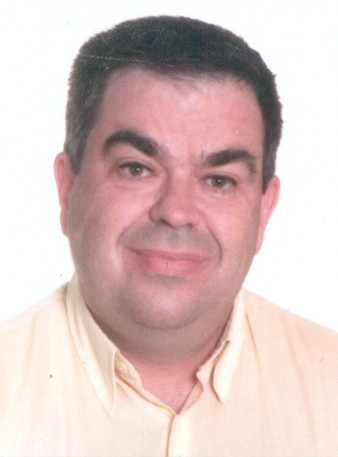 Angel Herráez holds a degree (BSc + MSc, 1985) in Chemistry from University of Valladolid, Spain. He followed his doctorate studies in the University of Alcalá, where he got the PhD degree in Biochemistry in 1990. He then spent one year as post-doc in the MRC Clinical Research Centre at Harrow, U.K. After that, he established back in the University of Alcalá as assistant professor, then associate professor, and finally (1997) in a tenured position as lecturer/associate professor in the Department of Biochemistry & Molecular Biology.
Angel Herráez holds a degree (BSc + MSc, 1985) in Chemistry from University of Valladolid, Spain. He followed his doctorate studies in the University of Alcalá, where he got the PhD degree in Biochemistry in 1990. He then spent one year as post-doc in the MRC Clinical Research Centre at Harrow, U.K. After that, he established back in the University of Alcalá as assistant professor, then associate professor, and finally (1997) in a tenured position as lecturer/associate professor in the Department of Biochemistry & Molecular Biology.
Angel Herráez’s research activity started on differentiation markers, with particular focus on membrane proteins. This evolved into studies of cell surface modification aimed at drug carrier systems and the process of blood cell removal from circulation as a possible target. His major research interest has been on structure of biomolecules and protein properties. Along time, he started to get involved in the development of materials to support teaching and learning, particularly in using the technological developments in computerised tools. He has developed some expertise in bioinformatics, mainly on (bio)molecular structure visualisation. While maintaining a collaboration with colleagues in the field of mechanisms of action of antitumour agents, his interest and dedication has been increasingly devoted to the facilitation of learning and the development of interactive resources for both instructors and students. He is also collaborating with a research group at Universidad Complutense in Madrid who works on nutritional epidemiology and health promotion.
Fruit of his activity in the field of education, Angel Herráez has developed a website, http://biomodel.uah.es, where he builds all his materials and offers them openly and free to the community. Since the year 2000, he is member of a joint effort to share educational materials in Spanish, BioROM, which has been publishing a CD-ROM nearly every year between 2001 and 2010 and stays available and updated in the website www.biorom.uma.es and a few mirror sites.
On 2001 Angel Herráez, together with Prof. José Luque, published a book in Spanish on Molecular Biology and Genetic Engineering (Harcourt/Elsevier, ISBN 978-84-8174505-4) which has been successfully accepted both as a textbook and as a reference for professionals in diverse areas where the molecular concepts and techniques are increasingly needed. The second edition of this book, now authored only by Angel, was released in 2012 (Elsevier, ISBN 978-84-8086-647-7).
Since January 2007 Angel Herráez is a member of the Editorial Board of the Journal Biochemistry and Molecular Biology Education. In the period 2008-2012 he acted as coordinator of the Education Group of the Spanish Society of Biochemistry and Molecular Biology (SEBBM). As such, he led some workshops and courses associated to the yearly congresses of SEBBM. Among them, he organised the “2010 Workshop on Biochemistry Education: Assessment Strategies in Protein Structure”, an IUBMB-sponsored Educational Activity with an international audience. He was also in the Organising Committee of the 22nd IUBMB / 37th FEBS Congress (Sevilla, 2012) responsible for coordinating the educational activities during the congress together with IUBMB and FEBS Education Committees.
Angel is a member of the Education Committee of FEBS since January 2012.
Speaker: Prof. Wiesław Babik (Jagiellonian University, Krakow, Poland)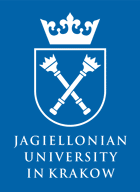
Talk: History of divergence and gene flow in hybridizing newts
Time: Sunday 14th July 2013, 13:45
Venue: Biotechnology Summer School 2013, Intercollegiate Faculty of Biotechnology, Kładki 24
Category: Invited lecture during Biotechnology Summer School
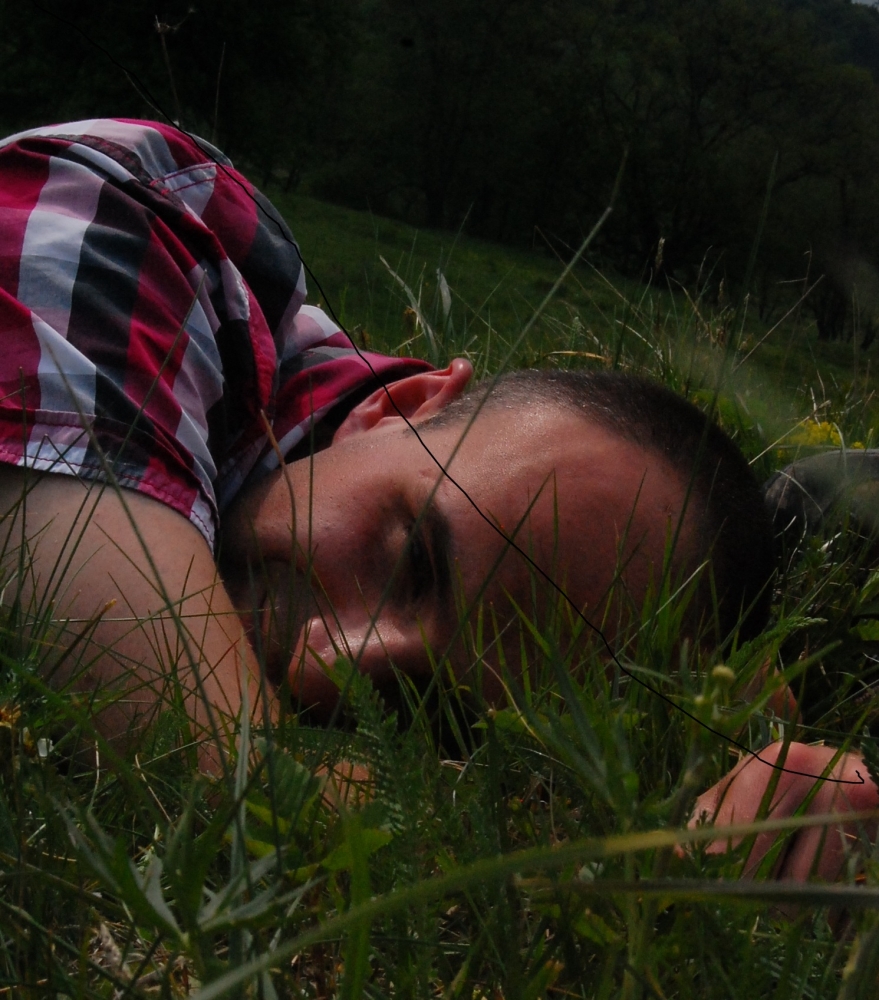 Wiesław Babik is an associate professor at the Jagiellonian University in Kraków. He received his PhD in 2004, and worked as a postdoc in the Helmholtz Centre for Environmental Research in Halle (Germany) and the Imperial College of London. He uses information from contemporary DNA sequences to infer history of populations. In particular he is interested in the causes, demography and the age of intraspecific differentiation, as well as in studying the extent of gene flow between diverging populations. He also studies variation of the Major Histocompatibility Complex (MHC) genes in natural populations, with special emphasis on the effects of natural selection and genetic drift on the patterns of variation at the molecular level. He is an associate editor of the Proceedings of the Royal Society B: Biological Sciences.
Wiesław Babik is an associate professor at the Jagiellonian University in Kraków. He received his PhD in 2004, and worked as a postdoc in the Helmholtz Centre for Environmental Research in Halle (Germany) and the Imperial College of London. He uses information from contemporary DNA sequences to infer history of populations. In particular he is interested in the causes, demography and the age of intraspecific differentiation, as well as in studying the extent of gene flow between diverging populations. He also studies variation of the Major Histocompatibility Complex (MHC) genes in natural populations, with special emphasis on the effects of natural selection and genetic drift on the patterns of variation at the molecular level. He is an associate editor of the Proceedings of the Royal Society B: Biological Sciences.
 Speaker: Prof. Tomasz Besta (University of Gdansk, Poland)
Speaker: Prof. Tomasz Besta (University of Gdansk, Poland)
Talk: Public Understanding of Biotechnology
Time: Friday, 5th of September 2014, 8:30 (gr. A), 10:45 (gr. B)
Venue: Biotechnology Summer School 2014, OW Syrenka, Stegna
Category: Invited lecture during Biotechnology Summer School
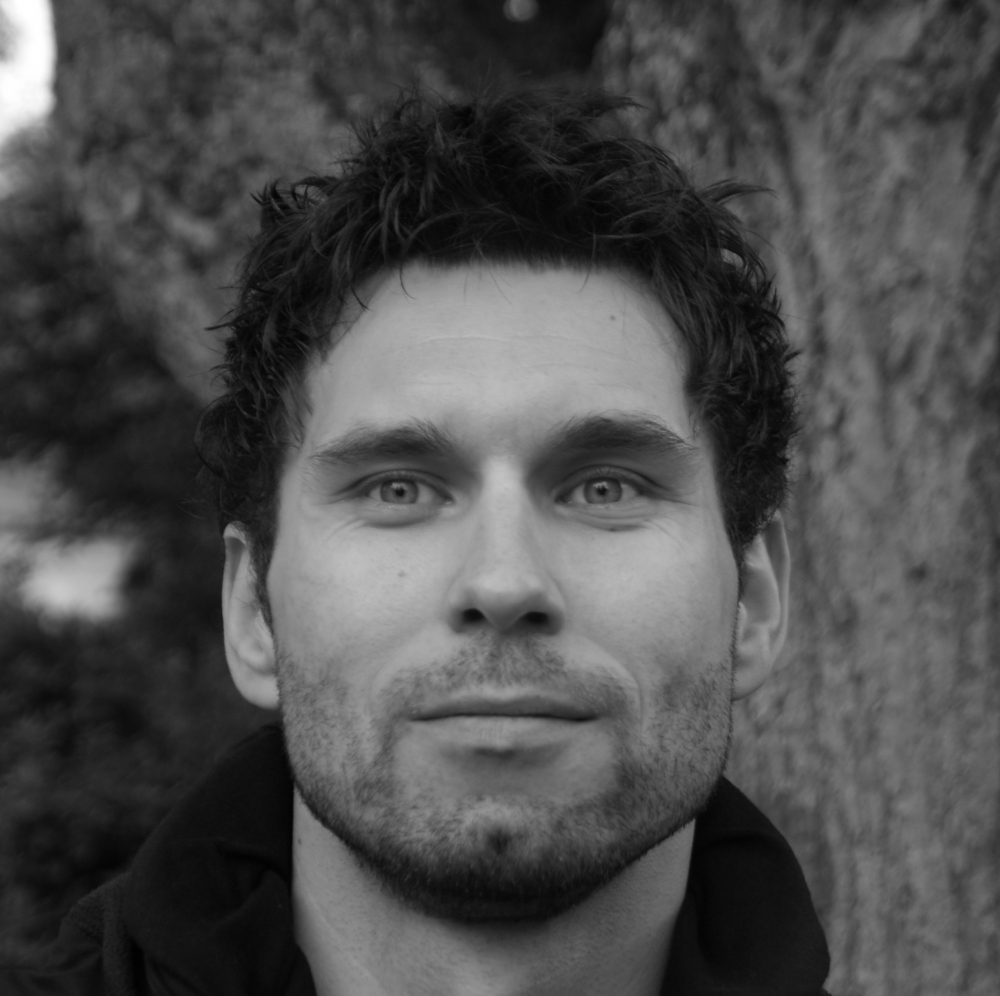 Social psychologist and an associate professor at the University of Gdansk, Institute of Psychology. He obtained his PhD in 2010 from the Polish Academy of Science and since then has been involved as a principal investigator or main researcher in national and international research projects (granted by, for example, the Polish National Science Center, the European Commission Jean Monet Programme and Norway Grants in the Polish-Norwegian Research Programme). His main research area is social and personality psychology; he analyzes the mechanisms of intergroup relations, dynamics of social identities, and the consequences of the need for certainty and predictability. Recently, he has been involved in research into public understanding of technology and human cognitive distortions related to the protection of world-views and beliefs. He is also an ad-hoc reviewer in national and international journals and one of the editors of the Current Issues in Personality Psychology.
Social psychologist and an associate professor at the University of Gdansk, Institute of Psychology. He obtained his PhD in 2010 from the Polish Academy of Science and since then has been involved as a principal investigator or main researcher in national and international research projects (granted by, for example, the Polish National Science Center, the European Commission Jean Monet Programme and Norway Grants in the Polish-Norwegian Research Programme). His main research area is social and personality psychology; he analyzes the mechanisms of intergroup relations, dynamics of social identities, and the consequences of the need for certainty and predictability. Recently, he has been involved in research into public understanding of technology and human cognitive distortions related to the protection of world-views and beliefs. He is also an ad-hoc reviewer in national and international journals and one of the editors of the Current Issues in Personality Psychology.
 Speaker: Prof. Barbara Kijewska (University of Gdansk, Poland)
Speaker: Prof. Barbara Kijewska (University of Gdansk, Poland)
Talk: Public Understanding of Biotechnology
Time: Friday, 5th of September 2014, 8:30 (gr. A), 10:45 (gr. B)
Venue: Biotechnology Summer School 2014, OW Syrenka, Stegna
Category: Invited lecture during Biotechnology Summer School
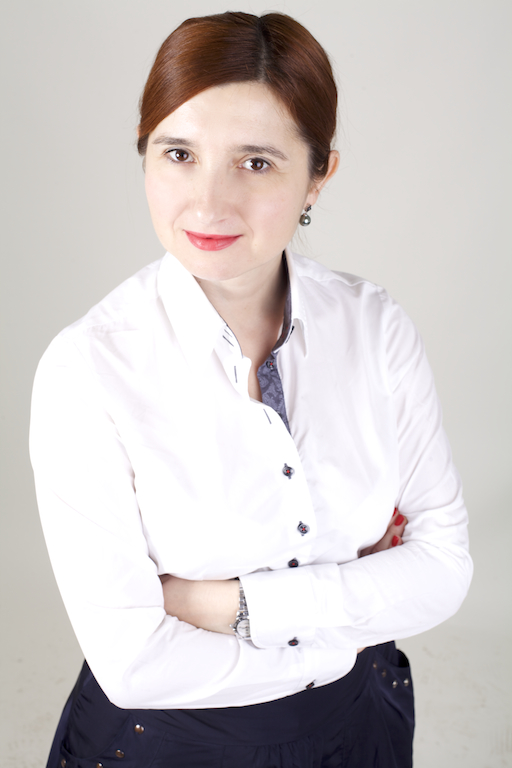 Political scientist and an associate professor at the Institute of Political Science at the University of Gdansk. She has been involved as a co-investigator in national and international research projects including the Jean Monet Programme (the European Commission), a strategic research project of the National Centre for Research and Development (NCBR) “Technologies supporting the development of safe nuclear energy”, “Public Understanding of Technology” (University of Gdansk). In particular, she is interested in studies regarding the understanding of technologies and mass media coverage of science and technology.
Political scientist and an associate professor at the Institute of Political Science at the University of Gdansk. She has been involved as a co-investigator in national and international research projects including the Jean Monet Programme (the European Commission), a strategic research project of the National Centre for Research and Development (NCBR) “Technologies supporting the development of safe nuclear energy”, “Public Understanding of Technology” (University of Gdansk). In particular, she is interested in studies regarding the understanding of technologies and mass media coverage of science and technology.
 Speaker: Prof. Sylwia Mrozowska (University of Gdansk, Poland)
Speaker: Prof. Sylwia Mrozowska (University of Gdansk, Poland)
Talk: Public Understanding of Biotechnology
Time: Friday, 5th of September 2014, 8:30 (gr. A), 10:45 (gr. B)
Venue: Biotechnology Summer School 2014, OW Syrenka, Stegna
Category: Invited lecture during Biotechnology Summer School
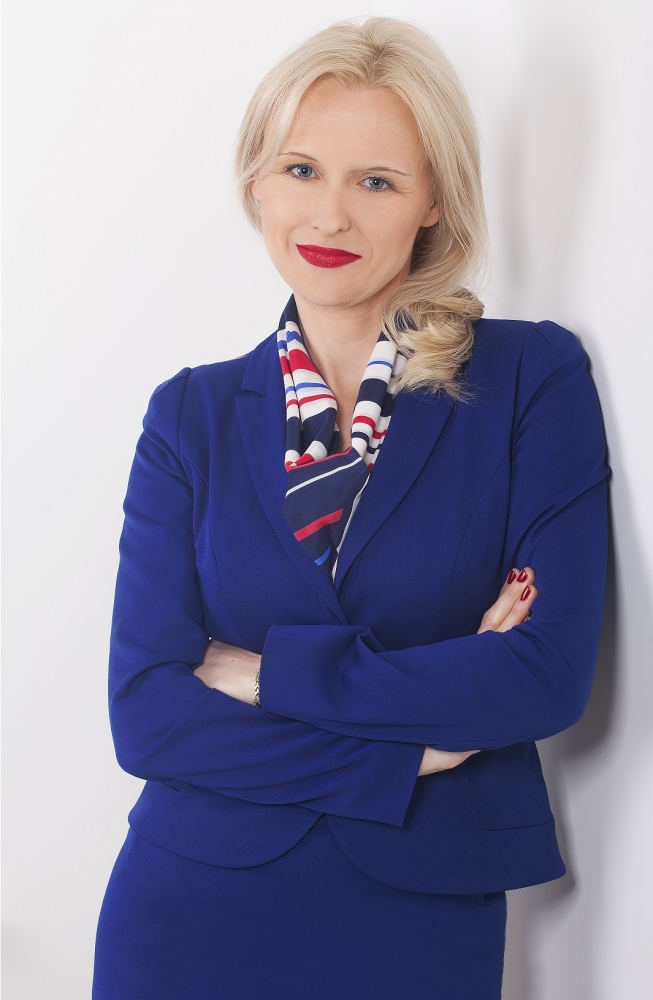 Associate professor at the Institute of Political Science at the University of Gdansk and the head of the post-graduate studies in the field of “Civic activation of local communities in the European Union”. She is the principal investigator and coordinator of national and international projects (the National Center for Research and Development (NCBR), the Jean Monnet Programme, the Swiss-Polish Cooperation Programme, the Ministry of Labour and Social Policy) and the author of publications dealing with the issues of lobbing, strategies, democratic engagement, social participation, civic society, public understanding of technology. Currently, her work focuses on the development of the social communication model in the scope of new nuclear technologies (strategic research project NCBR).
Associate professor at the Institute of Political Science at the University of Gdansk and the head of the post-graduate studies in the field of “Civic activation of local communities in the European Union”. She is the principal investigator and coordinator of national and international projects (the National Center for Research and Development (NCBR), the Jean Monnet Programme, the Swiss-Polish Cooperation Programme, the Ministry of Labour and Social Policy) and the author of publications dealing with the issues of lobbing, strategies, democratic engagement, social participation, civic society, public understanding of technology. Currently, her work focuses on the development of the social communication model in the scope of new nuclear technologies (strategic research project NCBR).
In 2013 Sylwia Mrozowska became a founding member of the Polish Society of Technology Assessment.
 Speaker: Prof. Konrad Ocalewicz (University of Gdansk, Poland)
Speaker: Prof. Konrad Ocalewicz (University of Gdansk, Poland)
Talk: Fish as model organisms in biomedical research
Time: Thursday, 4th of September 2014, 8:30
Venue: Biotechnology Summer School 2014, OW Syrenka, Stegna
Category: Invited lecture during Biotechnology Summer School
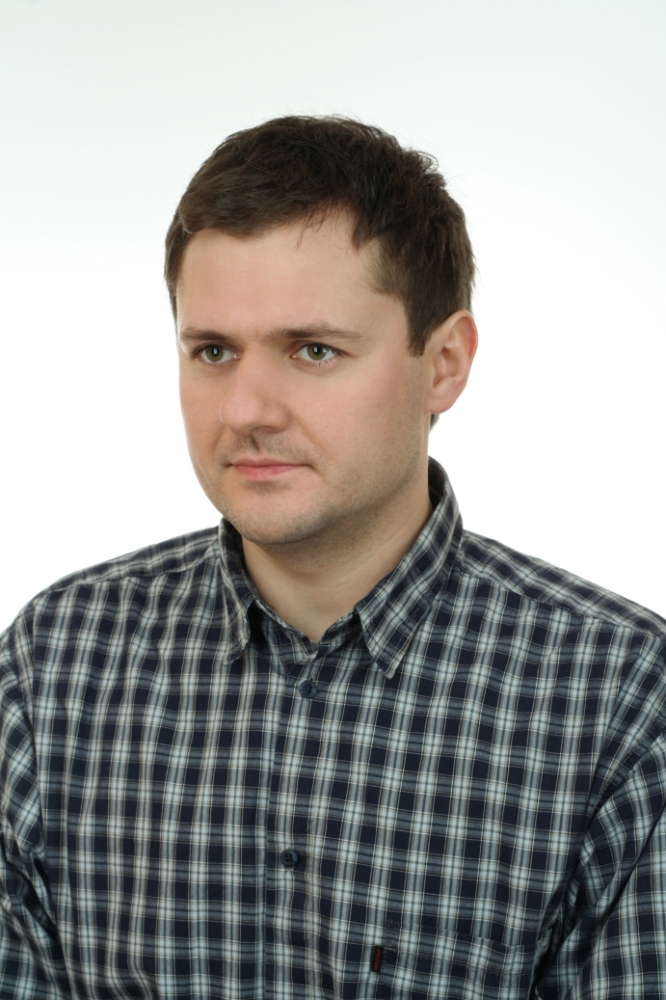 Konrad Ocalewicz received his M.Sc.in the field of biotechnology in animal breeding from University of Agriculture and Technology in Olsztyn in 1998 and his PhD in agriculture and fisheries from University of Warmia and Mazury in 2002. In 2005, Konrad Ocalewicz completed two years of postodoctoral research in Laboratoire de Genetique des Poissons, INRA, Jouy-en-Josas, France where he studied functionality of L-gulono-gamma-lactone oxidase gene in fish. HeIn 2006 he was also involved in the international project Control of sex in Atlantic halibut: Towards production of monosex all-female stocks conducted in The University of Nordland (Bodo, Norway) and University in Stirling (UK) (2006). His scientific interests cover a range of issues such as genetic sex determination and evolution of the vertebrate sex chromosomes, development of the isogenic and clonal fish lines, recovery of the fish gene pools through artificially induced androgenesis, genomic organization of the telomeric DNA sequences and role of the telomerase in healing of the radiation-induced Double Strand Breaks. Results of his research on the spontaneous and induced chromosome mutations in the rainbow trout were part of his D.Sc. dissertation defended at the Department of Biology and Biotechnology, University of Warmia and Mazury in Olsztyn in 2011. Since 2013, Konrad Ocalewicz has been an assistant professor at the Department of Marine Biology and Ecology, Institute of Oceanography, University of Gdańsk. He also serves as an Assistant Editor in the Journal of Fish Biology, the official journal of The Fisheries Society of the British Isles (FSBI).
Konrad Ocalewicz received his M.Sc.in the field of biotechnology in animal breeding from University of Agriculture and Technology in Olsztyn in 1998 and his PhD in agriculture and fisheries from University of Warmia and Mazury in 2002. In 2005, Konrad Ocalewicz completed two years of postodoctoral research in Laboratoire de Genetique des Poissons, INRA, Jouy-en-Josas, France where he studied functionality of L-gulono-gamma-lactone oxidase gene in fish. HeIn 2006 he was also involved in the international project Control of sex in Atlantic halibut: Towards production of monosex all-female stocks conducted in The University of Nordland (Bodo, Norway) and University in Stirling (UK) (2006). His scientific interests cover a range of issues such as genetic sex determination and evolution of the vertebrate sex chromosomes, development of the isogenic and clonal fish lines, recovery of the fish gene pools through artificially induced androgenesis, genomic organization of the telomeric DNA sequences and role of the telomerase in healing of the radiation-induced Double Strand Breaks. Results of his research on the spontaneous and induced chromosome mutations in the rainbow trout were part of his D.Sc. dissertation defended at the Department of Biology and Biotechnology, University of Warmia and Mazury in Olsztyn in 2011. Since 2013, Konrad Ocalewicz has been an assistant professor at the Department of Marine Biology and Ecology, Institute of Oceanography, University of Gdańsk. He also serves as an Assistant Editor in the Journal of Fish Biology, the official journal of The Fisheries Society of the British Isles (FSBI).
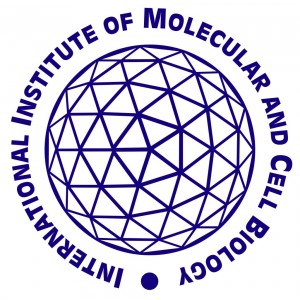 Speaker: Małgorzata Wiweger, PhD (International Institute of Molecular and Cell Biology, Poland)
Speaker: Małgorzata Wiweger, PhD (International Institute of Molecular and Cell Biology, Poland)
Talk: Zebrafish husbandry and health
Time: Thursday, 4th of September 2014 11:15
Venue: Biotechnology Summer School 2014, OW Syrenka, Stegna
Category: Invited lecture during Biotechnology Summer School
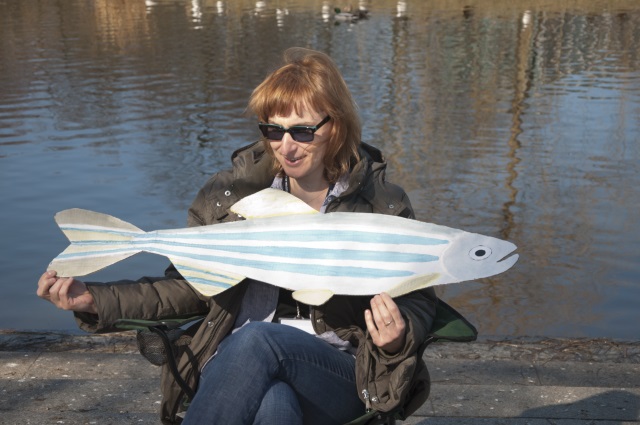 Head of the Zebrafish Core Facility at the International Institute of Molecular and Cell Biology in Warsaw, Poland. She graduated at the Warsaw University of Life Sciences in Poland and obtained PhD at the Swedish University of Agricultural Sciences in Uppsala, Sweden in the field of plant development. In 2004 she switched from plants to animal model (zebrafish) and since then worked as a post-doctoral fellow at the University of Sheffield (UK), Leiden University Medical Centre, Leiden University and ZF-screens in Leiden, The Netherlands. She is interested in proteoglycans regulating embryo development and uses zebrafish as a model for studies on the skeletal development in normal and pathological conditions. Her latest projects focused on skeletal tuberculosis and non-classical aspects of multiple osteochondromas.
Head of the Zebrafish Core Facility at the International Institute of Molecular and Cell Biology in Warsaw, Poland. She graduated at the Warsaw University of Life Sciences in Poland and obtained PhD at the Swedish University of Agricultural Sciences in Uppsala, Sweden in the field of plant development. In 2004 she switched from plants to animal model (zebrafish) and since then worked as a post-doctoral fellow at the University of Sheffield (UK), Leiden University Medical Centre, Leiden University and ZF-screens in Leiden, The Netherlands. She is interested in proteoglycans regulating embryo development and uses zebrafish as a model for studies on the skeletal development in normal and pathological conditions. Her latest projects focused on skeletal tuberculosis and non-classical aspects of multiple osteochondromas.
 Speaker: Cecilia Lanny Winata, PhD (International Institute of Molecular and Cell Biology, Poland)
Speaker: Cecilia Lanny Winata, PhD (International Institute of Molecular and Cell Biology, Poland)
Talk: Zebrafish in the study of developmental genomics
Time: Thursday, 4th of September 2014, 12:30
Venue: Biotechnology Summer School 2014, OW Syrenka, Stegna
Category: Invited lecture during Biotechnology Summer School
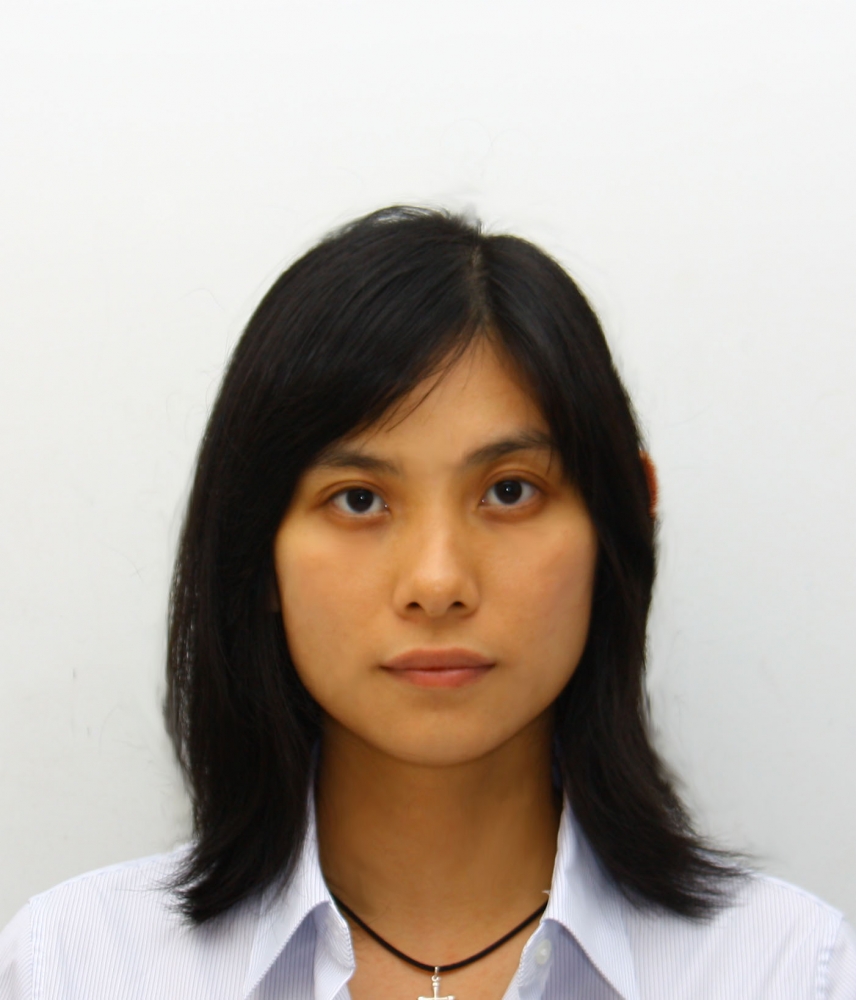 Group leader at the International Institute of Molecular and Cell Biology, Warsaw.
Group leader at the International Institute of Molecular and Cell Biology, Warsaw.
Research interest: developmental biology using zebrafish as a model organism, the study of developmental mechanisms using genomics.
She obtained her PhD in 2009 from the National University of Singapore in the field of zebrafish developmental biology. She worked as a post doctoral fellow at the Genome Institute of Singapore where she picked up genomics techniques and applied them to study the regulation of maternal to zygotic transition and functional characterization of a transcription factor in zebrafish. Currently, her lab is studying transcriptional regulation and epigenetics during heart development, as well as the regulation of early embryonic development in zebrafish.
 Speaker: Prof. Klaus Schughart (Helmholtz Centre for Infection Research, Germany)
Speaker: Prof. Klaus Schughart (Helmholtz Centre for Infection Research, Germany)
Talk: Host-pathogen-interactions during influenza infections – studies in the mouse model system
Time: Wednesday, 3rd of September 2014, 15:45
Venue: Biotechnology Summer School 2014, OW Syrenka, Stegna
Category: Invited lecture during Biotechnology Summer School
 Klaus Schughart is Head of the Department of Infection Genetics (INFG) at the Helmholtz Center for Infection Research (HZI) in Germany. The HZI is a government funded public research institute dedicated to perform basic research on host-pathogen interactions with the aim to develop new strategies for diagnostics, prevention and therapy of infectious diseases.
Klaus Schughart is Head of the Department of Infection Genetics (INFG) at the Helmholtz Center for Infection Research (HZI) in Germany. The HZI is a government funded public research institute dedicated to perform basic research on host-pathogen interactions with the aim to develop new strategies for diagnostics, prevention and therapy of infectious diseases.
The main research interest in the IFNG department is to understand the role of genetic factors that determine resistance or susceptibility to influenza A virus infections. For these studies, we are using the mouse as model system. We established models for lethal and non-lethal infections using different mouse populations and knock-out models.
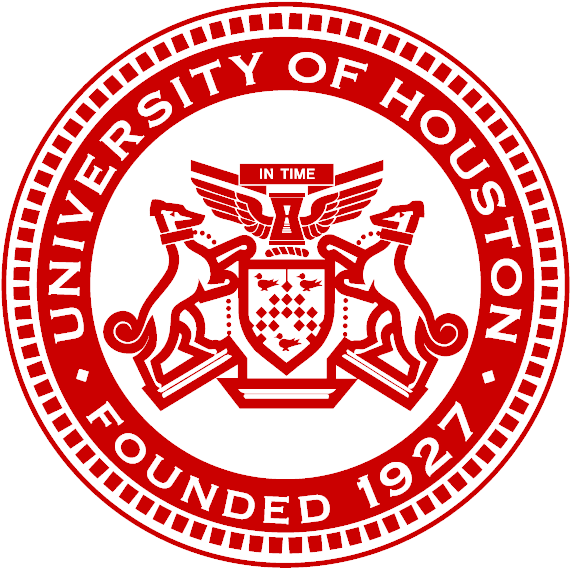 Speaker: Prof. Amy Sater (University of Houston, USA)
Speaker: Prof. Amy Sater (University of Houston, USA)
Talk: Xenopus: a Model System for Studies of Gene Regulation and Vertebrate Development
Time: Friday, 5th of September 2014, 15:30
Venue: Biotechnology Summer School 2014, OW Syrenka, Stegna
Category: Invited lecture during Biotechnology Summer School
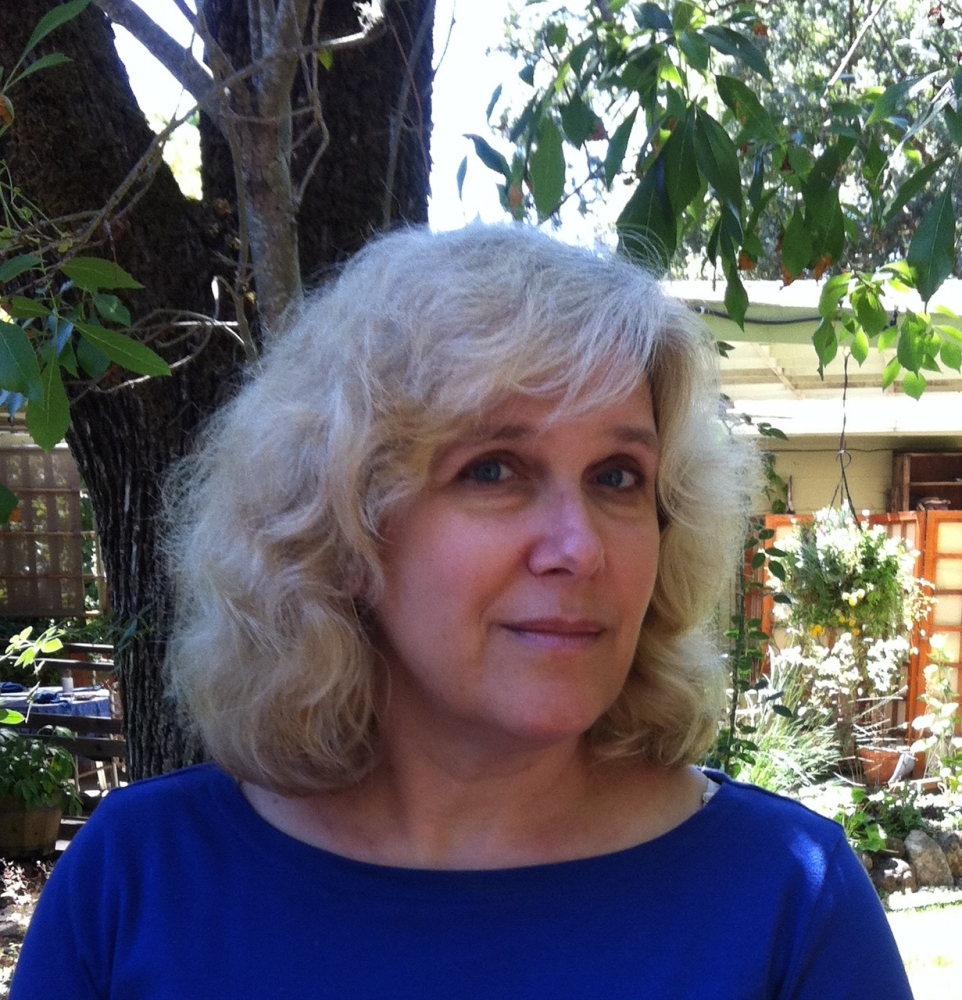 Developmental biologist and Professor of Biology and Biochemistry, University of Houston.
Developmental biologist and Professor of Biology and Biochemistry, University of Houston.
She obtained her Ph.D. from the University of Texas before embarking upon postdoctoral work at the University of California at Berkeley. Her ongoing research interests include cell signaling and the molecular regulation of embryonic development in the African Clawed Frog Xenopus laevis. She has also been extensively involved in the development of genomics resources in Xenopus, contributing to genetic mapping and genome assembly in Xenopus tropicalis; she also served on the Xenopus Genome Steering Committee 2005-2013. Her current studies address the roles of microRNAs in the initiation of neural development, using a combination of genetic and biochemical approaches. She served as Instructor for the “Cell and Developmental Biology of Xenopus” course at Cold Spring Harbor Laboratory from 2011-2014.